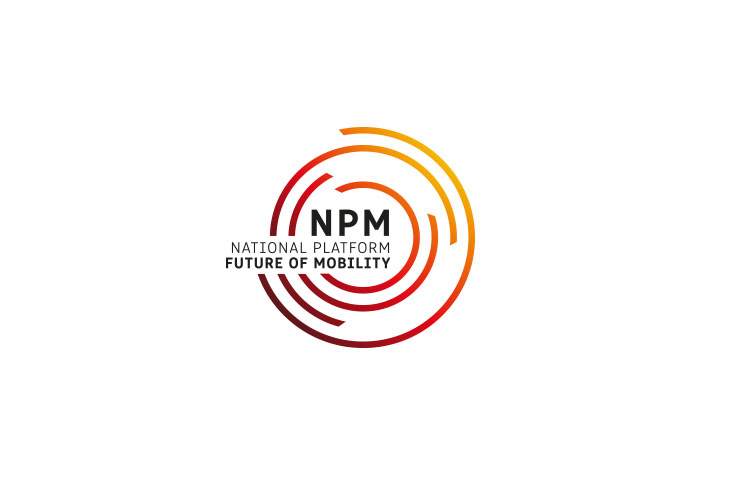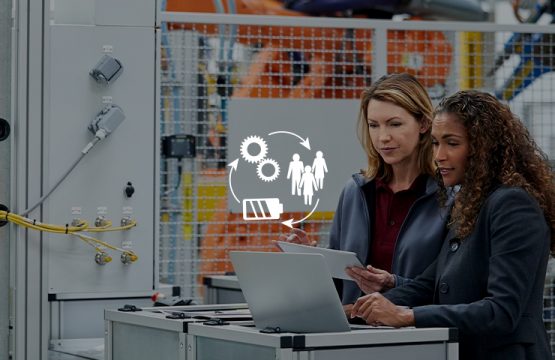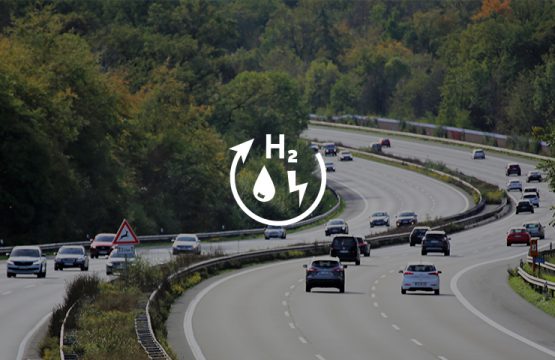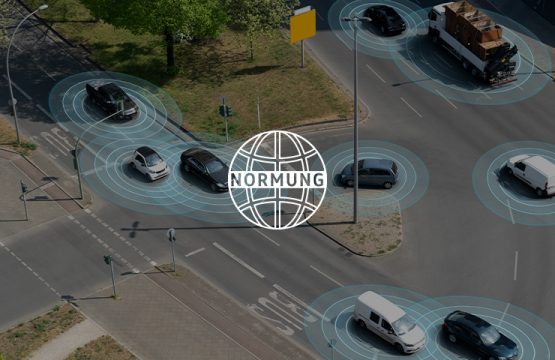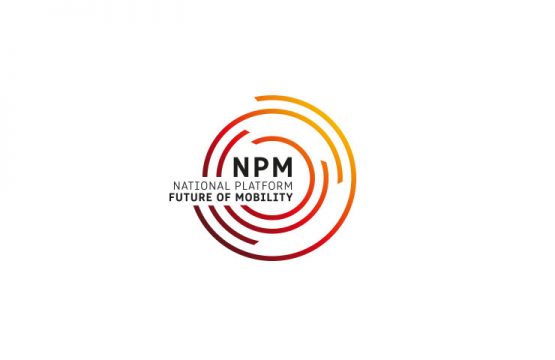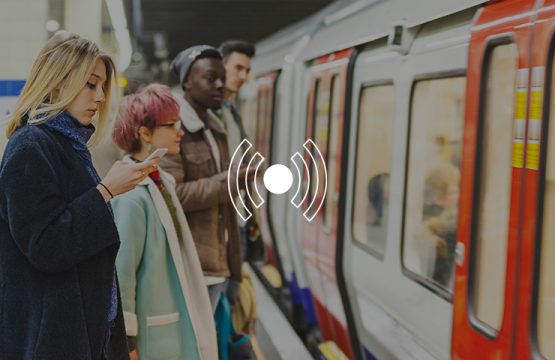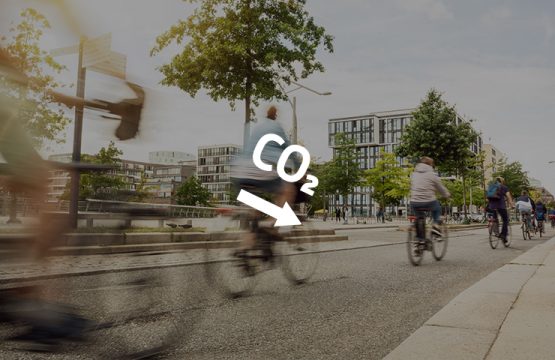Mobility is more than just traffic and its means of transport:
Mobility is the backbone of society and the economy. That is why an integrated view of the mobility system with its modes of transport, the most diverse actors and the multilayered interconnected mobility issues is crucial to successfully shaping the future of mobility. This is precisely where the National Platform for the Future of Mobility (NPM) has come in over the past three years, carrying out preliminary work and describing ways in which the transformation to a viable, affordable, safe and sustainable mobility system can look.
“The NPM has shown that a holistic and sustainable mobility transformation that focuses on the needs of the user:inside is possible. The federal government has set a number of courses to realign the mobility system. But in the next few years, we not only have to achieve the climate targets in the transport sector, which have only recently been tightened again, we also have to manage the structural change in the industry in addition to a digitization offensive for a networked mobility system. To achieve this, all stakeholders must become much more active and willing to implement,” explained Henning Kagermann at the presentation of the NPM results at the World Congress on Intelligent Transport Systems (ITS) in Hamburg today.
Federal Minister Andreas Scheuer: “It has been three years since the Federal Government entrusted the NPM with a mammoth task: it was about nothing less than developing recommendations on how we can enable affordable, sustainable and climate-friendly mobility for people and at the same time secure Germany’s competitiveness. And the NPM delivered! It has developed the central foundations for the German government’s climate resolutions. For this, I would like to express my sincere thanks to all those involved! We will continue to need a forum for intensive and scientifically accompanied exchange in the future, because there is still a lot to do, we have not yet reached our goal.”
The future of mobility from the perspective of the NPM
- The future of mobility is a joint task. The concerns of society, politics and business must be taken into account in equal measure.
- The NPM reflects the complexity of the mobility system by bringing together stakeholders from business, science, politics and civil society who bring the widest possible range of perspectives, demands and goals related to the mobility system.
- The transformation of mobility must continue to be accompanied by professional expertise and moderated across interests.
- The NPM supports a technology-open approach to alternative drives and fuels.
- Digitalization is an important driver of innovation and must be accelerated.
- A needs-based refueling and charging infrastructure and sector coupling are crucial factors for success.
- On the topic of standardization and norms, the NPM is working with all relevant international organizations.
- In order to remain internationally competitive, the industrial location must be modernized, new value-added cycles must be established and the change in employment must be accompanied.
- Last but not least, an increasingly sustainable lifestyle must be enforced through transport shifts and efficiency improvements.
Successes of the NPM:
- With its 240 members, the NPM has developed a large number of recommendations for action in six working groups: More than 50 reports set out where we stand technologically and economically in the future of mobility, what action is needed and where the red lines are for the various players.
- Findings and recommendations of the NPM have been the basis for climate policy decisions of the German government (e.g. Climate Protection Program 2030) and have contributed, among other things, to the Charging Infrastructure Master Plan or the Autonomous Driving Act.
- The NPM has identified and launched standardization activities and published three roadmaps for this purpose.
- Against the backdrop of employment change, competence hubs were initiated with stakeholders in affected regions and the development of a tool for strategic workforce planning for small and medium-sized enterprises was set up.
- In order for the future of mobility and its possibilities to meet with acceptance, users must be able to experience it at an early stage and it must prove itself in everyday use. Against this background, the Reallabor für digitale Mobilität in Hamburg (ReallabHH) was initiated.
- The NPM was a regular participant in the talks of the Concerted Action Mobility of the Federal Chancellor.
The main results of the three-year work are being presented to the public today. The high-profile NPM Panel Session entitled “Pathways to Future Mobility – solutions and perspectives. The results of the German National Platform Future of Mobility 2018-2021” is part of the conference program of the ITS World Congress. The associated results report “Holistically shaping tomorrow’s mobility – results from three years of NPM (2018-2021)” will be handed over to Andreas Scheuer, Federal Minister of Transport and Digital Infrastructure, as part of this results presentation.
NPM was convened by the German government in fall 2018 with the mandate to take a close look at the mobility system with a clear focus on the issues of sustainability and competitiveness. The focus is on a holistic and sustainable mobility system in which the mobility needs and requirements of users are considered across all modes of transport, and drive technologies and the effects of mobility change on Germany as an industrial location are classified in context.
The results report is available for download at www.plattform-zukunft-mobilitaet.de/berichte/, and details of the NPM program at the ITS World Congress are available at www.plattform-zukunft-mobilitaet.de/its-world-congress-2021/.
Contact:
Alexandra Huß
Communications Officer
Office of the Chairman of the National Platform for the Future of Mobility
huss@acatech.de
+49 (0)30 / 206 30 96 86
+49 (0)160 / 714 93 25
